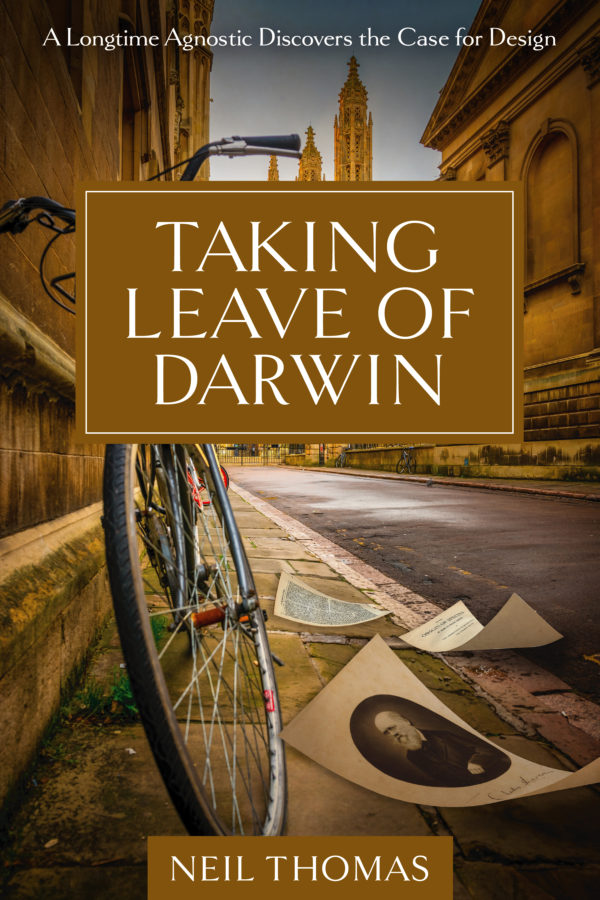
Charles Darwin (1809–1882) opted for a materialist model; his co-theorist Alfred Russel Wallace (1823–2013) insisted that the mind was not just the brain:
Some, improving on Darwin, insist that chimpanzees really do think like people if you study them enough (no, they don’t). Others claim that artificial intelligence will soon surpass human intelligence. If so, that would be a credit to human intelligence because we created it.
AI capable of thinking like a human would be a philosophical problem, to be sure, because it would mean both that intelligence can create itself and that it can be instantiated in a non-biological form. However, such a development would not demonstrate that human intelligence is a material thing or that it arose from a material thing. If anything, it would more readily suggest the opposite.
Thomas notes the key role neuroscience has played in undermining a purely materialist account of the mind — an unexpected role for neuroscience, perhaps, but that’s what happened…
News, “The battle over the human mind split two great thinkers” at Mind Matters News (June 26, 2022)
Takehome: Philosopher Neil Thomas, author of Taking Leave of Darwin (2021), points out how neuroscience today has undermined a purely materialist account of the mind — an unexpected role but that’s what happened.
You may also wish to read:
Dualism is the best option for understanding the mind and the brain. Theories that attempt to show that the mind does not really exist clearly don’t work and never did. Neurosurgeon Michael Egnor reviews the mind-brain theories for East Meets West: Theology Unleashed. He think dualism makes the best sense of the evidence.
and
Why panpsychism is starting to push out naturalism A key goal of naturalism/materialism has been to explain human consciousness away as “nothing but a pack of neurons.” That can’t work. Panpsychism is not dualism. By including consciousness — including human consciousness — as a bedrock fact of nature, it avoids naturalism’s dead end. (Denyse O’Leary)